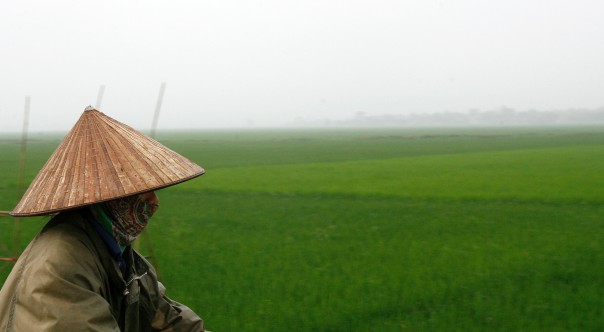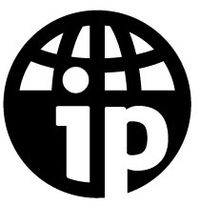The World Bank is a vital source of financial and technical assistance to developing countries around the world. We are not a bank in the ordinary sense but a unique partnership to reduce poverty and support development. The World Bank Group has two ambitious goals: End extreme poverty within a generation and boost shared prosperity.
- To end extreme poverty, the Bank's goal is to decrease the percentage of people living on less than $1.25 a day to no more than 3% by 2030.
- To promote shared prosperity, the goal is to promote income growth of the bottom 40% of the population in each country.
The World Bank Group comprises five institutions managed by their member countries.
The World Bank Group and Land: Working to protect the rights of existing land users and to help secure benefits for smallholder farmers
The World Bank (IBRD and IDA) interacts primarily with governments to increase agricultural productivity, strengthen land tenure policies and improve land governance. More than 90% of the World Bank’s agriculture portfolio focuses on the productivity and access to markets by small holder farmers. Ten percent of our projects focus on the governance of land tenure.
Similarly, investments by the International Finance Corporation (IFC), the World Bank Group’s private sector arm, including those in larger scale enterprises, overwhelmingly support smallholder farmers through improved access to finance, inputs and markets, and as direct suppliers. IFC invests in environmentally and socially sustainable private enterprises in all parts of the value chain (inputs such as irrigation and fertilizers, primary production, processing, transport and storage, traders, and risk management facilities including weather/crop insurance, warehouse financing, etc
For more information, visit the World Bank Group and land and food security (https://www.worldbank.org/en/topic/agriculture/brief/land-and-food-security1
Resources
Displaying 2936 - 2940 of 4907Ecosystem Services and Green Growth
"Ecosystem services" has
become a catch-phrase for the complex connections between
the natural environment and human well-being. This paper
considers the impact of changes in the supply of ecosystem
services, and programs to increase their supply, on
near-term growth of gross domestic product. It focuses on
the relationship between locally generated versus
transboundary services and growth in developing countries,
Liberia Country Program Evaluation 2004-2011 : Evaluation of the World Bank Group Program
This report evaluates the outcomes of
World Bank Group support to Liberia from its post-war
reengagement in 2003 through 2011. The country has moved
from total disarray to a solid foundation for inclusive
development. Although development has not moved forward as
quickly as hoped, substantial progress has been made. Public
finance and key institutions have been rebuilt; crucial
transport facilities have been restored; and hospitals,
Vietnamese households prosper more when women hold land title - study
When women hold land title in rural Vietnam, their households are more prosperous, poverty is less and capital investment levels higher than in households where a man holds sole title, new research has found.
While family economic security improves under private land titling regardless of gender, the benefits are more marked when a woman’s name is on the document than only a man’s, researchers at Rutgers and Brandeis University found.
World Bank Inspection Panel Newsletter n.6
The Inspection Panel is an independent complaints mechanism for people who believe that they have been, or are likely to be, adversely affected by a World Bank-funded project. The Panel provides for accountability through assessment of Bank's compliance with operational policies. The process is designed to pro-vide redress to affected people and address issues of policy non-compliance and harm.
Securing Africa’s land for shared prosperity: a program to scale up reforms and investments
Based on worldwide experience and encouraging evidence from country pilots in African countries such as Ghana, Malawi, Mozambique, Tanzania,and Uganda, this new report suggests a series of ten steps that may help to revolutionise agricultural production and eradicate poverty in Africa. These steps include improving tenure security over individual and communal lands, increasing land access and tenure for poor and vulnerable families, resolving land disputes, managing better public land, and increasing efficiency and transparency in land administration services.









